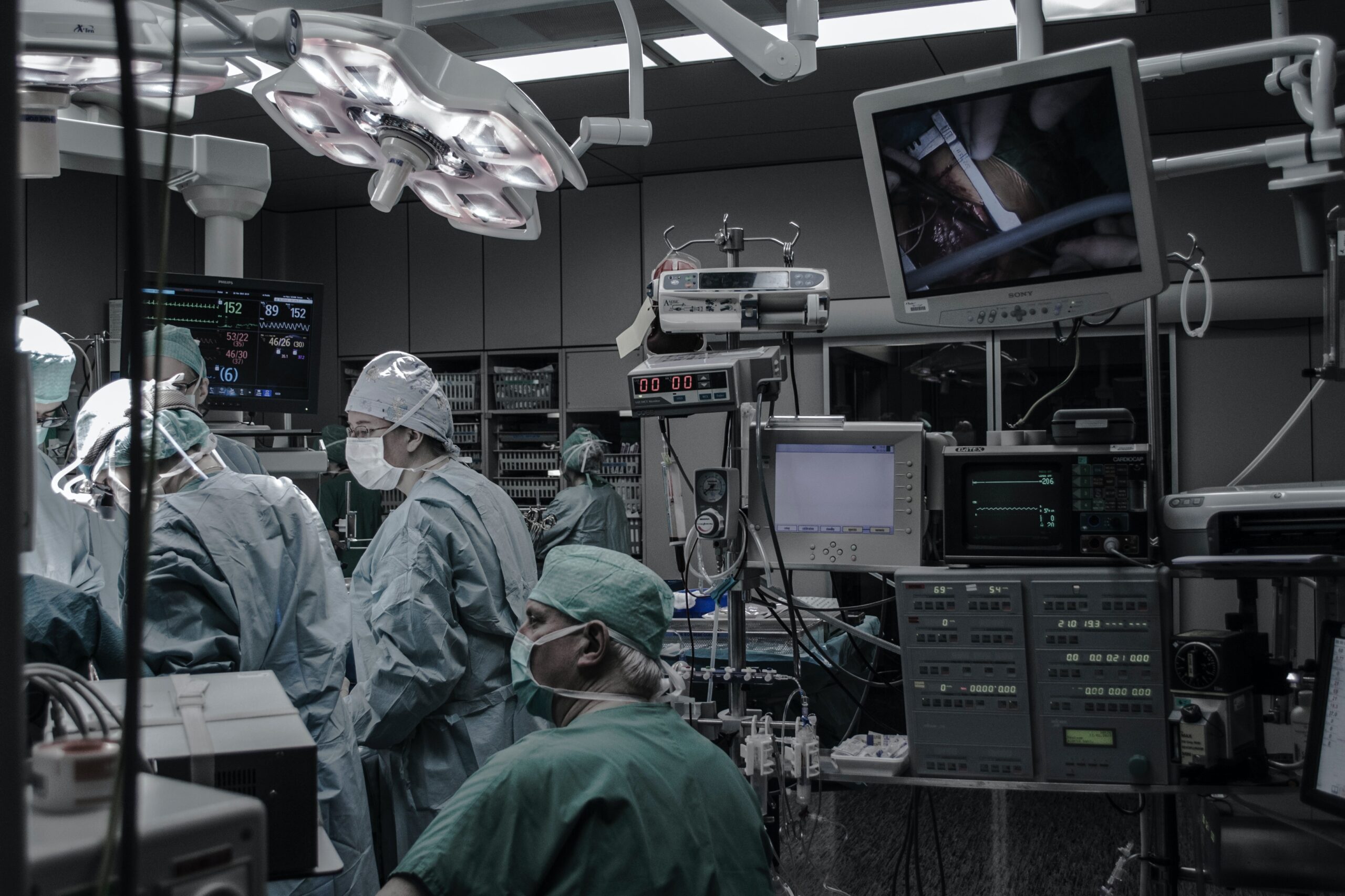What are ‘never events’?
Posted in Medical Malpractice on March 21, 2022

Doctors and nurses often use percentages to discuss the likelihood of certain events or outcomes. And rarely in these discussions will you hear a zero or 100 percent. In any procedure or course of treatment, there is room for risk and miracles, so rarely will people hear guarantees when it comes to health care.
But the phrase “never say never” rings true here, as there are, in fact, certain things that should never happen in medicine. These are “never events” and they refer to acts and situations that are so egregious and preventable that they should never occur.
Types of never events
Never events, also called serious reportable events, include:
- Operating on the wrong body part
- Performing a procedure on the wrong patient
- Accidentally leaving a foreign object inside a surgical patient
- Misuse of a medical device resulting in patient disability or death
- Sending an infant home with the wrong parent
- Medication error resulting in patient disability or death
- Patient suicide, abduction, or disappearance while in the care of a healthcare facility
These and the other serious reportable events should not happen; there are extensive protocols and resources in place to prevent them.
Always events
Just as there are events that should never happen in a healthcare setting, there are events that should always happen where appropriate. This includes:
- Using surgical checklists
- Pretreatment or documentation of underlying pre-existing conditions prior to an operation
- Comprehension and use of clear language
- Communication trainings
- Use of briefings and debriefings
These measures will generally be effective at preventing mistakes and minimizing harm to a patient in the event of an error or complication.
When and if doctors or hospitals fail to take these steps to protect patients, there may be grounds for a legal claim. However, patients or their families must be able to establish that a medical error or negligence occurred and resulted in damages. Because this can be complicated, it can be wise to consult an experienced attorney familiar with medical malpractice claims.